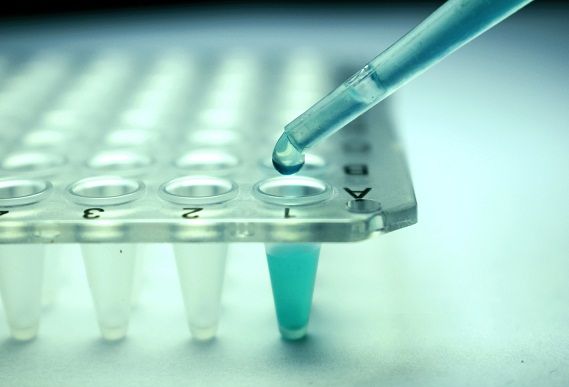Progress for Stem Cell Transplant in MS

 Progress for Stem Cell Transplant in MS
Progress for Stem Cell Transplant in MS
Researchers also found that patients treated with HSCT had less progression, and more of them had no signs of disease activity than those treated with disease modifying drugs. “This degree of improvement has not been demonstrated in pharmaceutical trials even with more intensive DMT [disease modifying treatments] such as alemtuzumab,” wrote first author Richard Burt, MD, of Northwestern University Feinberg School of Medicine (Chicago, IL), and colleagues.
Relapsing-remitting MS affects about 85% of patients with MS.2 Treatment with disease modifying agents, such as interferons, glatirameracetate, fingolimod, natalizumab, or dimethyl fumarate, carries a high price tag—up to $60,000 per year per patient.3 But these drugs may only slow disease progression rather than halting it. Most patients eventually develop irreversible damage and progressive disability, for which no effective therapies exist.
HSCT may offer the chance get rid of the immune cells that cause MS, basically giving the immune system a fresh start to improve remission rates.
To test the technique, researchers conducted an open-label study, called the Multiple Sclerosis International Stem Cell Transplant (MIST) trial. The study included 110 individuals with relapsing-remitting MS, moderate disability, and highly active MS (at least two relapses in the past year despite disease modifying therapy). Participants were recruited from four centers in the US, Europe, and South America between 2005 and 2016. The trial was composed of 66% women, with a mean age of 36 years.
Researchers randomized 55 participants to nonmyeloablative autologous HSCT, which is also called “mini-transplant” and uses a patient’s own stem cells with less aggressive pre-treatment to decrease toxicity. The HSCT group received pre-transplant conditioning with cyclophosphamide (200 mg/kg) and antithymocyte globulin (6 mg/kg). The study also assigned 55 participants to disease modifying therapy (DMT) with higher efficacy or from a different class than drugs taken in the last year. Median followup was 2 years.
Results showed that three patients in the HSCT experienced disease progression, while 34 in the DMT group did so. The HSCT group also had significantly longer median time to disease progression compared to DMT (HR, 0.07; 95%CI, 0.02-0.24; P < .001). Median time to clinically significant progression was 24 months in the DMT group and could not be calculated in the HSCT group because of too few events.




